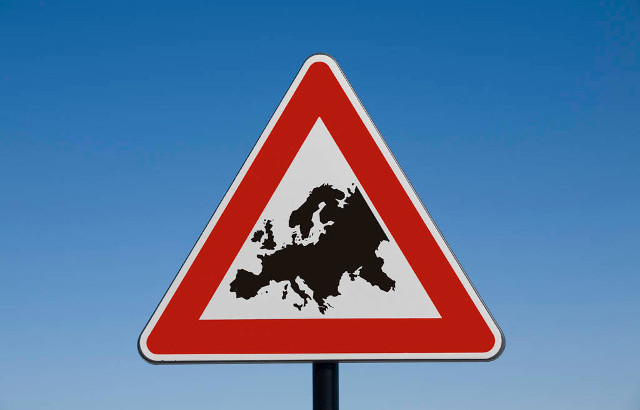The measures, the last of which went live at the start of 2018, give authorities additional powers to probe cross border tax affairs in the EU.
The EU’s campaign against tax avoidance first began rolling out in 2011 the directive replacing its predecessor which dated back to 1977 which was extended in 2014 and 2015.
The directive will ensure that the OECD standard for the exchange of information on request is implemented in the EU.
It prevents a member state from refusing to supply information concerning a taxpayer of another member state on the sole grounds that the information is held by a bank or other financial institution.
The directive identifies certain details that must be specified in requests for information – the identity of the person under investigation and the tax purpose for which the information is sought.
In 2015 the European Commission published an Action Plan setting out the future aims for the rules to provide for fair and efficient corporate taxation in the EU.
The Action Plan sets to out potential further reforms to the corporate tax framework in the EU, to tackle tax abuse, ensure sustainable revenues, increase transparency and support a better business environment in the single market.
The plan may result also in further proposals to extend administrative cooperation.








